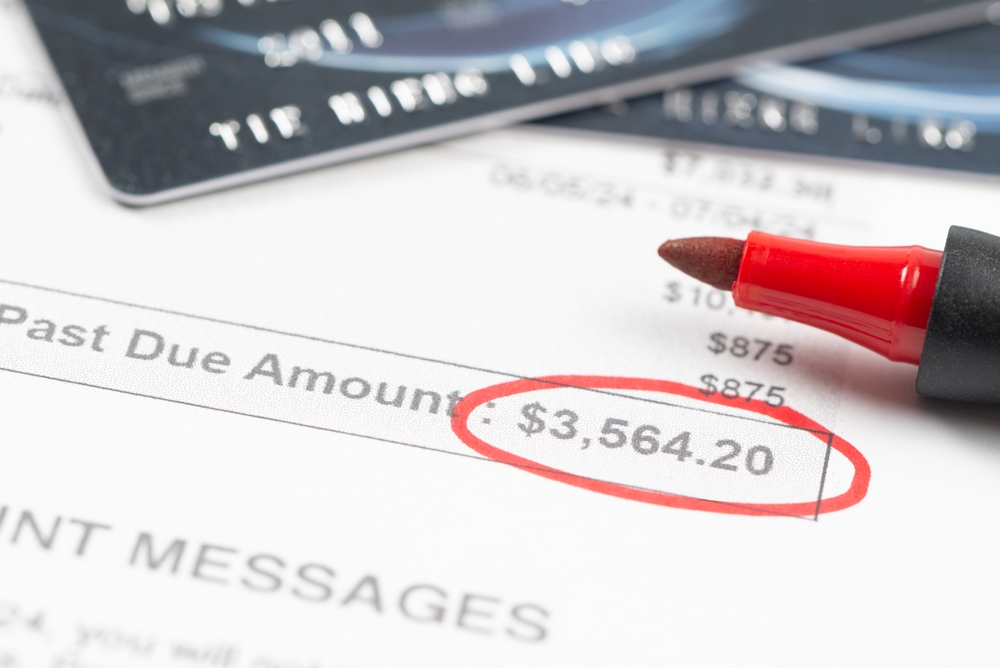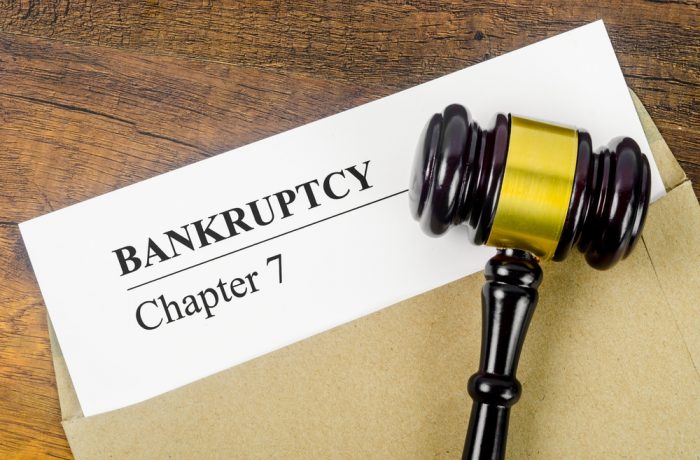By Brian Figeroux, Esq.
Receiving a lawsuit notice for credit card debt can be stressful and overwhelming, but it’s important to remain calm and take action quickly. Ignoring the lawsuit can lead to a default judgment, which may result in wage garnishment, bank account levies, or liens on property. However, by responding strategically, negotiating, and using legal defenses, you may be able to reduce or eliminate the debt entirely.
This guide outlines the step-by-step process of what to do if you are sued for credit card debt.
Step 1: Review the Lawsuit Papers Carefully
When a credit card company or debt collector sues you, they must serve you with official court documents, which typically include:
- The Summons – Notifies you of the lawsuit and provides a deadline to respond.
- The Complaint – Lists the details of the lawsuit, including the amount owed, the creditor’s claims, and why they believe you are responsible.
What to Check for in the Complaint
- The name of the creditor or debt collector – Are they the original creditor or a third-party debt buyer?
- The amount of debt they claim you owe – Is this accurate?
- The deadline to respond – Usually 14 to 30 days depending on your state.
- The court jurisdiction – Is it the right court for your case?
Pro Tip: Do NOT ignore the lawsuit! Failing to respond means the court may issue a default judgment against you, making it much harder to fight the debt later.
Step 2: Determine If the Debt Is Legitimate
Before accepting liability, verify the debt by checking:
- Your credit report – Confirm the debt is listed correctly.
- Your account statements – Compare the balance with what the creditor is claiming.
- The statute of limitations – If the debt is too old, you may have a legal defense.
Statute of Limitations on Credit Card Debt
Each state has a time limit for creditors to sue for unpaid debts, typically 3 to 6 years. If the statute of limitations has expired, you can request case dismissal.
Step 3: File Your Response (Answer) in Court
How to Respond to the Lawsuit
Your Answer is your legal response to the Complaint. In your Answer, you can:
- Admit, Deny, or State Lack of Knowledge for each claim.
- Assert Legal Defenses, such as:
- The debt is past the statute of limitations.
- The creditor lacks proper documentation to prove the debt.
- The creditor sued the wrong person.
- Request Dismissal if applicable.
Deadline to File the Answer
- Most states require you to respond within 20 to 30 days of being served.
- File your Answer with the court and send a copy to the plaintiff’s attorney.
Pro Tip: Filing an Answer prevents a default judgment and gives you time to negotiate or fight the case.
Step 4: Request Debt Validation
If the lawsuit is from a debt buyer, request proof that they legally own your debt by filing a debt validation request under the Fair Debt Collection Practices Act (FDCPA).
A valid lawsuit should include:
- A copy of the original credit card agreement.
- A full record of all payments and charges.
- A chain of custody if the debt was sold to different collectors.
If the plaintiff cannot provide proper documentation, you can file a motion to dismiss the case.
Step 5: Consider Settlement or Negotiation
If the debt is valid and proven, you may choose to settle out of court. This may include:
- Lump-sum settlement – Pay a reduced amount in exchange for case dismissal.
- Installment agreement – Set up a payment plan.
- Debt reduction or waiver of interest/fees.
Negotiation Tips
- Start low and negotiate from there.
- Get the agreement in writing before making any payments.
- Avoid admitting liability during discussions.
Step 6: Prepare for Court if Necessary
If the case proceeds to trial, you will need to:
- Gather evidence – Payment records, billing statements, letters from creditors.
- Prepare legal defenses – Highlight any errors, lack of documentation, or violations of debt collection laws.
- Hire an attorney – Especially if the debt is large or complex.
Pro Tip: Many debt collectors lack sufficient records to win in court. If you challenge them effectively, the case may be dismissed.
Step 7: If You Lose the Case, Know Your Options
If the court rules against you, the creditor may obtain a judgment allowing them to:
- Garnish your wages.
- Freeze your bank account.
- Put a lien on your property.
Ways to Fight a Judgment
- File an Appeal – If legal errors occurred.
- Negotiate Post-Judgment Settlements – Creditors may still accept a lower payment.
- File for Bankruptcy – In extreme cases, bankruptcy may erase the debt.
Conclusion
If you are sued for credit card debt, taking quick and informed action can prevent serious financial consequences. By responding to the lawsuit, challenging questionable claims, negotiating a settlement, or preparing for trial, you increase your chances of reducing or eliminating the debt.
If you need legal assistance, Fogeroux & Associates can help you navigate the complexities of credit card debt litigation.





